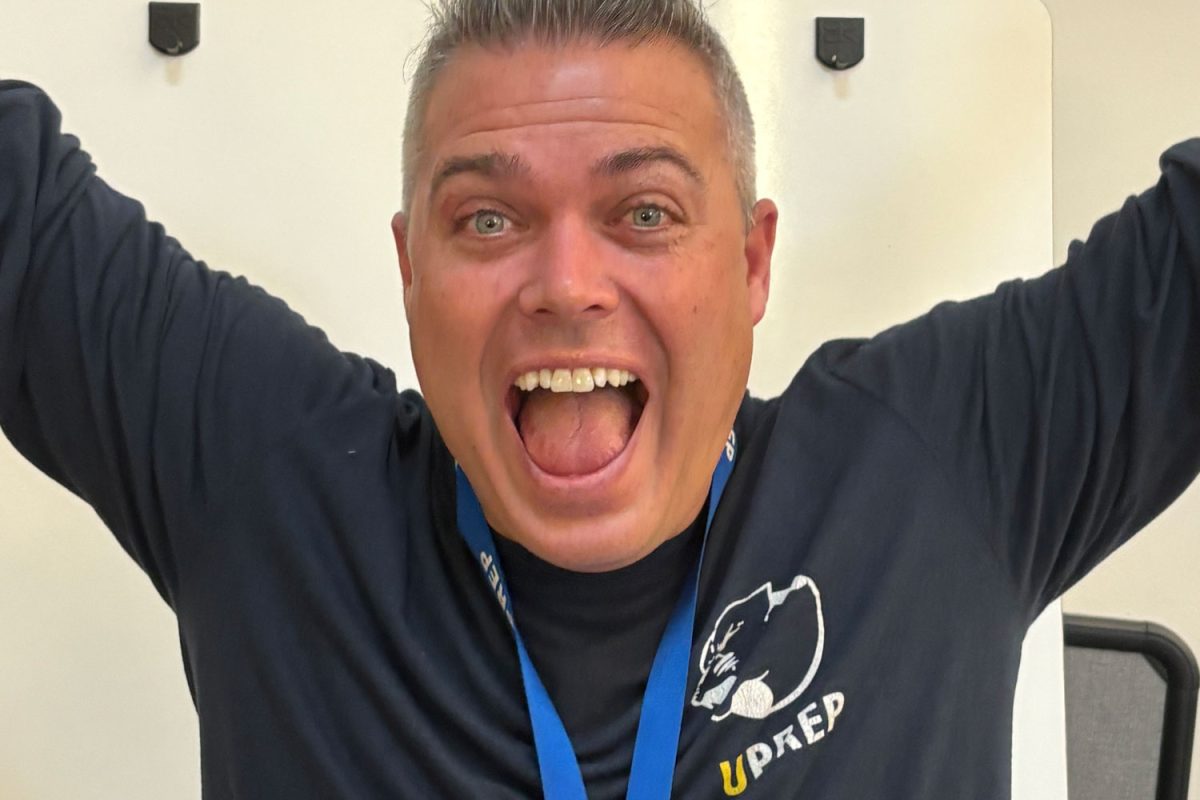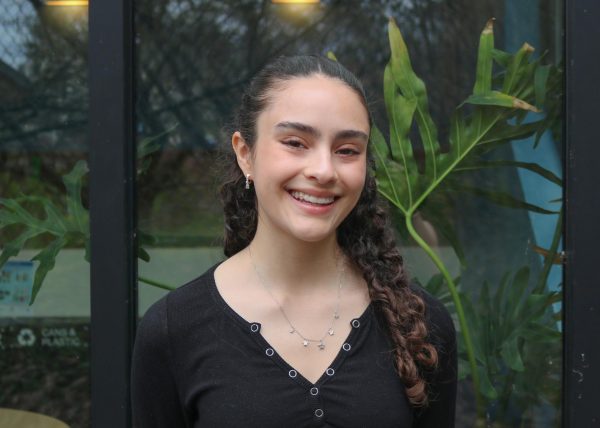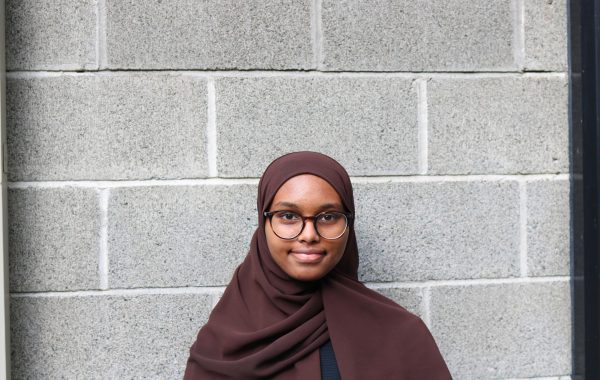The time is here: Generation Z, born in 1997-2012, is teaching its demographic. Across UPrep’s classrooms, younger teachers have started to enter the education profession.
For science teacher Alexa Lansberry, being part of Gen Z aids her in navigating the classroom.
“I’ve been able to foster a really good relationship with the students,” Lansberry said. “Part of it is because of the way I relate to them being a younger person.”

Like Lansberry, Kala Terselic, a Gen Z math and science teacher believes that her age gives her an advantage when connecting with students, specifically when talking about college.
“I have a much more up-to-date knowledge of the college application process and what colleges are like right now,” Terselic said. “I think that’s very relevant for students.”
Generation X science teacher Chris Horras finds that he connects with his students throughmusic.
“Well it’s funny, the movie ‘The Guardians of the Galaxy’… It uses a bunch of older music. And all students all know it, and they like it,” Horras said. “I’ll turn it on, and they’ll dance. And it’s music I like, too.”
While age can bring some connection over what is relevant, it can also make it harder to take control of a classroom. Terselic finds that this struggle for attention can sometimes be found in her classroom.
“It’s harder to have authority when you’re a similar age with students,” Terselic said. “You have to get authority in other ways, just by setting up norms.”
Millennial and history teacher Cindy Chavez agrees with Terselic’s sentiment that students can get a little too comfortable with younger teachers.
“I think that sometimes students can maybe get over-familiar when they’re asking you, ‘What did you do over the weekend?’” Chavez said. “Or, ‘What’s your Instagram?’ That’s where I kind of have to draw the line.”
Students’ comfort with young teachers can sometimes lead to a gray area where it turns into a form of disrespect. Millennial and English teacher Alana Kaholokula has seen the ways that new and younger members of staff are dismissed.
“I think how long you’ve been at this school definitely impacts the way students treat you in class settings especially and if you’re a new teacher,” Kaholokula said. “Students are going to respect you a lot less initially, and that is really hard, and we’ve lost a lot of teachers who have not been able to put up with it because it didn’t feel like it was going away. ”
“The way I’ve done it for a while isn’t necessarily the best way to do it, but it’s one way to do it,” Crabb said. “Just because I’ve been doing it for a long time, doesn’t make it bad.”
Through his 34 years of teaching experience, Baby Boomer and Physical Education teacher David Crabb has learned that younger teachers bring new approaches to the job.
As the next generations of teachers arrive and the older generations retire, Crabb offers advice to those who are in, or about to join the profession.
“Enjoy what you’re doing, work hard, and ask for advice,” Crabb said. “As teachers, we need to evolve as well, so that we become better teachers to help you.”




